This morning I made love with my partner and I allowed the circulation of feelings and energies in my body to touch the grief in my heart. Last night I did the same: at a rope and massage workshop, I allowed myself to have rope passed over me sensually by a stranger. I also allowed it to open me and touch the pain inside me. I think this was healing. It felt good, I could be in the moment and be myself, allow myself to be taken into trance, aided by the beautiful selection of music from Luke George, who led the workshop.
This is an aspect of eroticism and sexuality that is rarely talked about. I actually think it is one of the most important of all. A friend and colleague of mine in the US, Zahava Griss, speaks of the medicine of grief. That is a powerful formulation! By “medicine”, she probably means something inherited from Native American thought, something that may be difficult and painful to traverse, but also transformative - opening you to insights you wouldn’t otherwise have.
For me grief is like a fire to which I sometimes succumb. Most often, I bear and carry it within myself and that surprisingly makes me more determined and more engaged with what I want to do in my life. In turn this opens and sensitises me even more. The fire of grief opens my chest and softens the tensions I hold in my body and spine. It improves my posture and surprisingly makes me more warrior-like.
The fear that people have, and that I also have, of erotic culture is not only about sexual shame and religious / familial conditioning. It is also—and perhaps most profoundly—the fear of being rejected, of things not going the way one wishes, of losing one’s way, and ultimately perhaps of having one’s heart broken. How does one cope with that? How does one sit in the same room as someone who one loves, while they play and perhaps fall in love with someone else, without you? How does one deal, when the lightness and play suddenly gets very heavy and real? When real feelings are involved, when one’s sanity and one’s ability to function in day-to-day life are threatened?
I don’t know the answer to these questions. But I will say that it is only the ability to break down, to be broken-hearted, that gives any of us the authority to lead, indeed to speak at all in this field. It may be strange to speak of breaking down and being broken-hearted as an ability, but I would suggest that it is. It is a way of being vulnerable, of allowing oneself to be deeply touched.
I would not be doing what I am doing, if I had not had so many of these fiery experiences of grief; if the things I most feared had not happened - and keep happening; if they did not threaten to overwhelm me at almost every moment. I hold myself to this fire, as I hold everyone I mentor or teach. It is why as a matter of principle we are on the side of those who in our culture are disenfranchised and who suffer.
In the Zohar it says that in God one may cleave to the fire and yet still remain alive. The contemporary philosopher Jean-Luc Nancy argues that in our troubled times sex has taken the place of God. It is a very thought-provoking thesis. It suggests that we seek the absolute and the origin of things through sex. In a much earlier text entitled Shattered Love, he reminds us that it is written in the Talmud that there is no heart as full as a broken heart.
Peter Banki, Ph.D
Director, Erotic Living






